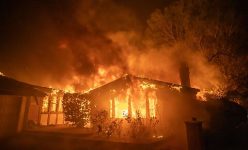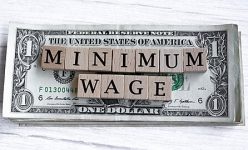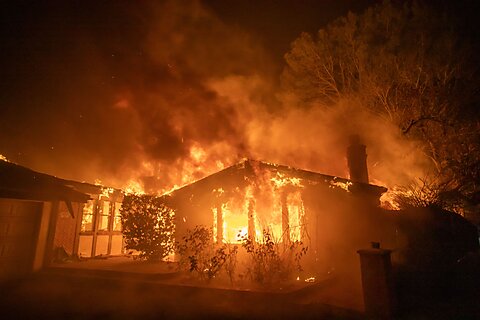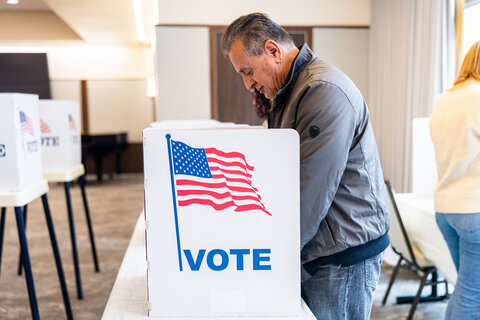
I don’t like the Elf on the Shelf.
For those not in the know (or who don’t have kids), the Elf on the Shelf is a small, plush creature you place somewhere in your home—on a shelf perhaps—in advance of Christmas that is purported to be Santa’s eyes and ears on the scene, reporting back to him all the naughty things your kids might do in November and December … if only he can stay out of trouble himself which, as anyone who ventures onto Instagram during the holidays can confirm, is almost never.
Call me grinchy but I never started the tradition in our home (although we certainly have lots of traditions that we like). I dislike the idea of cuteifying the surveillance state. (But maybe I’m weird? I also have concerns that my fellow Generations Xers had no-knock police raids normalized for them as children after watching the Kool-Aid Man burst through walls unannounced for a decade on television.)
I was reminded of the Elf on the Shelf tradition when I saw a November press release from the National Association of State Contractors Licensing Agencies (NASCLA). (Yes, Virginia, there is a trade association for contractor occupational licensing boards.)
In the press release, the NASCLA touts the operation they coordinated with their elves on the shelf—19 licensing boards and regulatory agencies across 13 states and the District of Columbia—near the end of October, targeting at least a couple thousand job sites. When a violation was uncovered, the penalties included “administrative citations, criminal notices, legal actions, and [the initiation of] further investigations.”
Were these violations the result of site visits designed to seek out and penalize those performing or overseeing shoddy construction work? Nope. The purpose of these enforcement operations was to, according to the press release again, “protect consumers and the public by ensuring contractors and tradespeople are properly licensed and registered.” In other words, to make sure the workers had the right permission slip from the government.
One of the biggest myths about government occupational licensing—a myth usually perpetuated by the boards themselves—is that licensing boards often police standards or that licensing is itself an effective way to ensure quality. For starters, there is little evidence that licensing requirements increase quality of services, regardless of how actively a board enforces state law. Simply having a license is not a good proxy for whether someone provides quality work. Justifying enforcement actions like the NASCLA does based on that equivalency is misguided.
Empirical evidence is emerging that many, if not most, of the occupational board enforcement actions aren’t related to complaints about workmanship at all. A recent first-of-its-kind study by occupational licensing researchers Conor Norris, Alex Adams, and Edward Timmons looked at newly-released public records of four Idaho state licensing board enforcement actions, including at least one year of that state’s Contractors Board, between 2013 and 2018. More than half of the average overall enforcement actions by the boards were mostly just “let me see your papers”-type checks or violations of technical aspects of the licensing law.
At least the Elf on the Shelf is supposed to encourage good behavior. The licensing version of Elf on the Shelf is merely interested in whether you have the governmentally mandated paperwork.
Luckily, there is an alternative: get rid of licensing laws and the boards that enforce them. They can be replaced by some form of private certification.
And there’s a good alternative to the Elf on the Shelf creatures: toss them in the trash and replace them with … well, frankly, anything else.


















